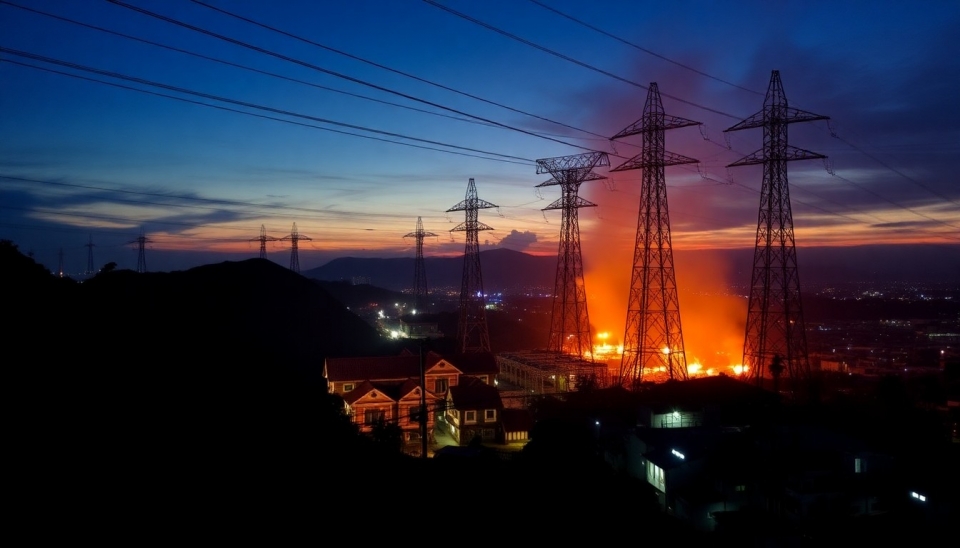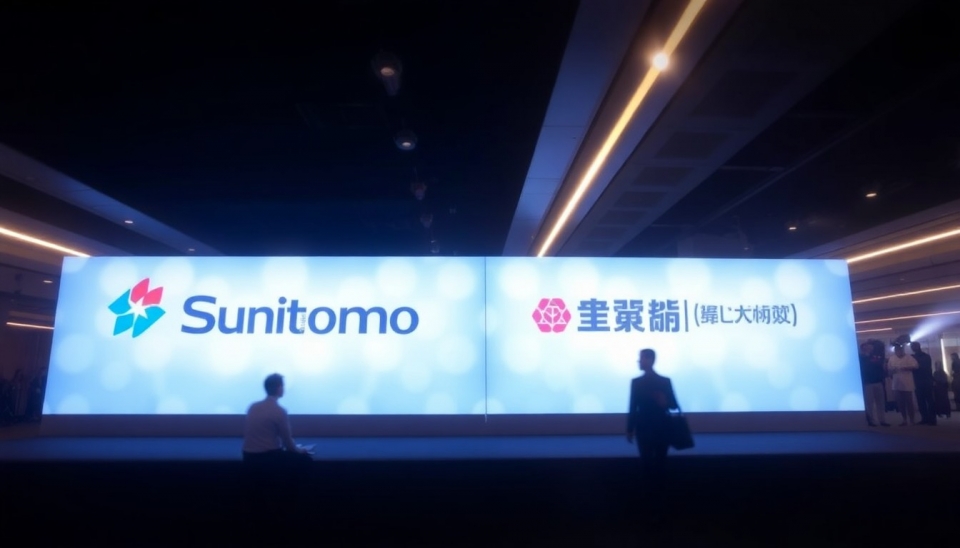
In a stark warning that underscores the precarious state of Vietnam's energy sector, a prominent business chamber has indicated that the country is on the verge of a wave of bankruptcies among major power companies. The Vietnam Chamber of Commerce and Industry (VCCI) has voiced concerns over the sustainability and operational viability of various energy firms due to mounting financial pressures exacerbated by government policies and declining profitability.
According to the VCCI, the combination of rising operational costs, cumbersome regulatory requirements, and fluctuating demand for electricity has put immense strain on power companies across the nation. These pressures have been compounded by the recent global energy market volatility, which has seen prices soar and led to tighter margins for many operational entities within Vietnam.
As the nation continues its rapid economic expansion, the demand for reliable energy has surged, yet the existing infrastructure and regulatory frameworks have struggled to keep pace. The reliance on coal for energy generation, coupled with the push for renewable energy sources, has created a dichotomy that many power firms are finding difficult to navigate. The VCCI's remarks serve as a call to action, urging the government to reassess its energy policies and work collaboratively with industry stakeholders to prevent a potential crisis.
The report highlights that several companies are already facing severe liquidity challenges, and if corrective measures are not implemented swiftly, the repercussions could be felt across the entire economy. A significant contraction in the energy sector could lead to widespread job losses, exacerbate regional disparities, and hinder Vietnam's overall economic growth. Furthermore, the ripple effects of such bankruptcies could affect not only the energy sector but also other industries that rely heavily on consistent and affordable electricity supply.
Industry experts suggest that the situation calls for an urgent review of tariff structures and electricity pricing regulations. Currently, the pricing mechanism does not reflect actual production costs, leaving many power firms operating at a loss. By aligning tariffs more closely with market conditions, the government could create a more resilient energy sector capable of adapting to both domestic and international fluctuations.
In addition to revising pricing strategies, the VCCI has stressed the importance of simplifying bureaucratic processes that currently hinder operational efficiency. Many power companies face delays in project approvals, which not only affects their financial performance but also hampers the development of necessary infrastructure. Streamlining these processes could bolster investor confidence and encourage the infusion of capital into the energy sector during this critical time.
As discussions surrounding alternative energy sources gain traction, the VCCI has also urged the Vietnamese government to prioritize the transition to renewable energy. While coal remains a dominant energy source, diversifying into solar, wind, and hydroelectric power could not only provide more sustainable options but also help to mitigate the risks associated with reliance on fossil fuels, especially as global trends move towards greener energy solutions.
In conclusion, Vietnam stands at a crossroads in its energy journey. The potential for mass bankruptcies among power firms represents not only a significant threat to the energy sector but also poses wider risks to the national economy. Stakeholders within both the government and private sectors must work diligently to reformulate strategies that address these urgent challenges. Only through collaborative efforts can Vietnam hope to secure a stable, sustainable, and booming energy future.
#Vietnam #EnergyCrisis #Bankruptcy #PowerCompanies #VCCI #RenewableEnergy #EconomicGrowth #EnergySector
Author: Liam Carter




